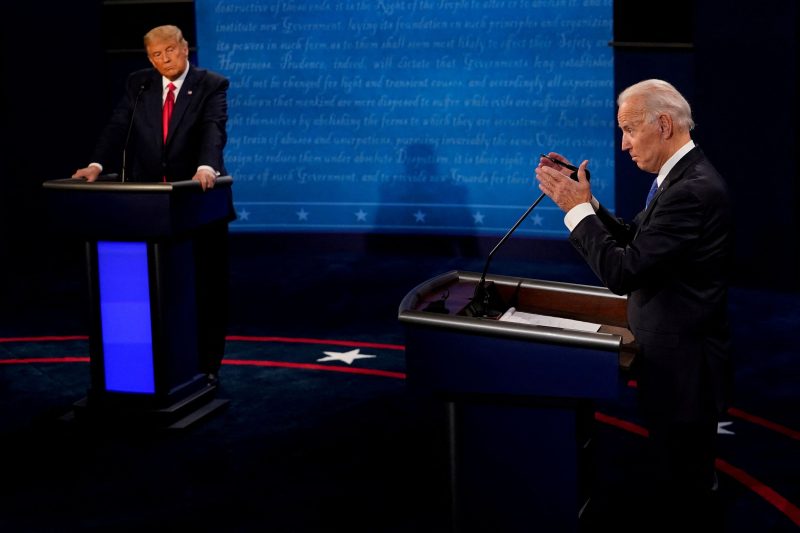The political landscape is always rife with debates and discussions that aim to sway voter sentiment and shape public opinion. In recent times, the prevalence of debates as a tool for changing the trajectory of voter sentiments has become increasingly apparent. When candidates or political figures engage in a debate, they are essentially participating in a structured conversation that seeks to highlight their policies, ideas, and vision for the future, while also scrutinizing the positions of their opponents. The impact of these debates on voter sentiment is a subject of much debate in itself.
One of the key arguments for the efficacy of debates in influencing voter sentiment is that they provide a platform for candidates to showcase their knowledge, rhetorical skills, and ability to think on their feet. A well-argued point or a clever rebuttal in a debate can have a significant impact on how voters perceive a candidate’s intelligence, competence, and leadership potential. In addition, debates can also help to humanize candidates by showcasing their personality, humor, and charisma, which can be just as influential in shaping voter sentiment as their policy proposals.
Moreover, debates serve as a means for voters to directly compare candidates side by side, enabling them to evaluate not only the merits of individual candidates but also the relative strengths and weaknesses of their opponents. In a well-moderated debate, voters can gain insights into how candidates respond under pressure, their ability to communicate their ideas effectively, and their capacity to engage in civil discourse. These observations can play a significant role in shaping voter sentiment and influencing electoral outcomes.
However, detractors of the idea that debates can alter the trajectory of voter sentiment argue that the impact of debates is often overstated. They point to the fact that debates are just one of many factors that can influence voter behavior, and that their influence may be limited in comparison to broader considerations such as party affiliation, ideology, and socio-economic factors. In addition, critics argue that debates are often more about performance and presentation than substantive policy discussions, and that many voters may not be swayed by the theatrics of a debate alone.
Despite these criticisms, debates remain a ubiquitous feature of the political landscape, both in national elections and in local races. Whether they have the power to shift the trajectory of voter sentiment significantly is a matter of ongoing debate among political scientists, pundits, and voters themselves. As the political discourse continues to evolve, the role of debates in shaping voter sentiment will likely remain a topic of interest and controversy for years to come.
